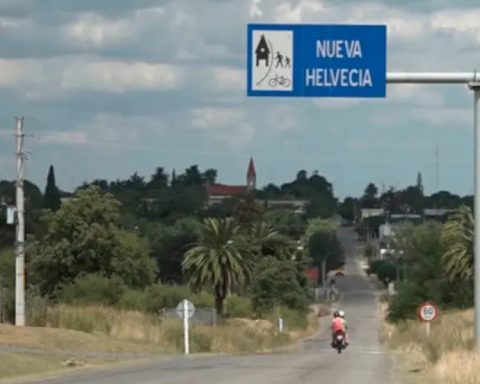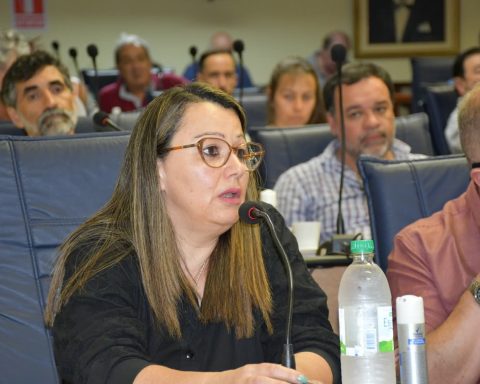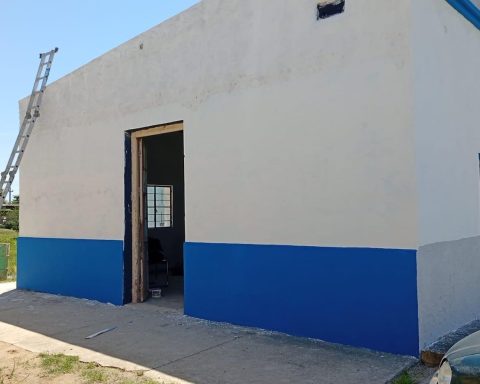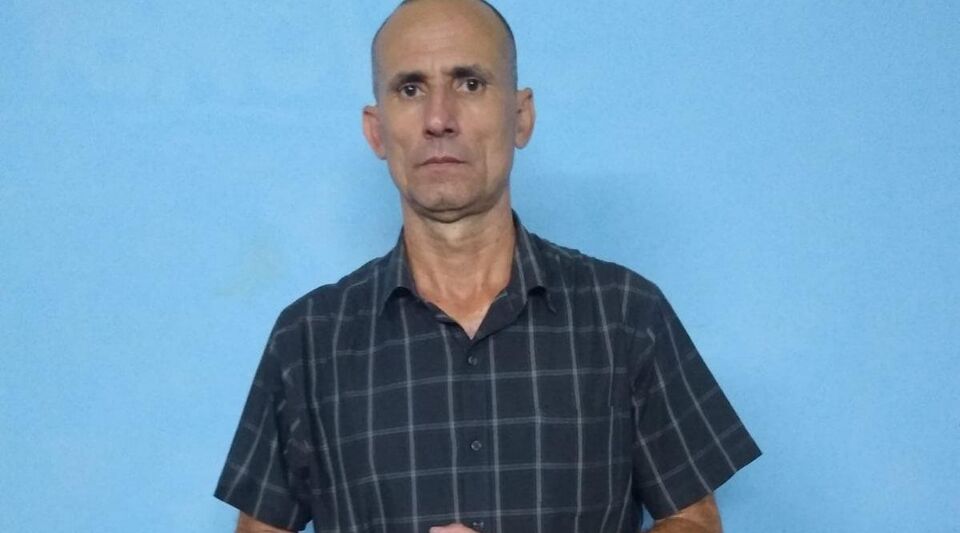It will be for you to pay pensions until your reform, what is the formula?
He solved the urgent problem, he lacks the important one: a long-term reform. Banks will advance the contributions as a “patch”, so that the institution can pay the liabilities.
The Bank Retirement and Pension Fund (CJPB) obtained the oxygen it needed to ensure payment of liabilities, something that was in doubt because estimates indicated that it would run out of reserves in August.
The solution came through the state banks, who accepted the request of the CJPB board (which El País had advanced on May 31) to advance the payment of contributions.
How is this? The board of the Caja Bancaria had requested all the contributing institutions (banks, credit administrators, savings and credit cooperatives, securities transporters, etc.) to advance the contributions to the penultimate business day of the previous month, instead of paying it on the eighth business day of the current month (or the 20th of the month in some cases) as is currently the case. That request was from June, so that, in this month, the institutions would overturn the contributions twice: on the eighth business day (or June 20) and again on the penultimate business day (corresponding to the month of charge July).
The private banks did not accept the CJPB’s request, but the state banks did.
Thus, the state banks (Banco de la República, Banco Hipotecario, Banco de Seguros del Estado) already paid the contributions corresponding to June on the 12th and on the 28th they will pay the contributions corresponding to July. On July 27 they will pay those corresponding to August and so on.
With this, it is possible to alleviate the situation of depletion of reserves and of having money to face the payment of liabilities.
This was stated by the Official Financial Sector Council of the AEBU financial union in a statement. “The official banks approved advancing the employer contribution requested” by the CJPB, “which makes it possible for funds to meet their obligations until the end of 2023,” the statement said.
“While this does not solve the general problem, it relieves pressure on the negotiating table,” he added.
Banks pay an employer contribution almost four times higher than the general regime (25.25% of salary versus 7.5%). In addition, they pay the Complementary Employer Benefit (PCP) that taxes bank assets, credit administrators and insurance companies of 2.5 per 10,000 (0.025%).
To this measure, it is added that the CJPB had resolved to annul the social loans and their renewal since last May 1.
Sources from the financial sector confirmed to El País that, without the advance contributions from the banks and the state insurer, the CJPB would have had difficulties paying the liabilities in September.
Although this short-term “patch” allows the institution to continue meeting its obligations until the end of the year, a reform is urgently required, they added.
For this, a work group between the government, banks and AEBU works against the clock, since the bill that arises from there must be approved by the Legislative Power one year before the general elections (that is, at the end of October) as maximum due to constitutional provisions.
This trading desk comes with strong differences between private banks and AEBU. The statement from the Union’s Official Financial Sector Council stated in the statement that the Association of Private Banks (ABPU) “continues in an attitude that does not cooperate in the search for a way out.”
For this reason, the union indicated that this week “it will proceed to deepen the measures” it had been taking.
In this sense, there will be cuts in overtime, security guards and schedule changes in all official banks (this was already being applied in private banks), surprise stoppages in the missing sectors and “affecting central activities of the financial system”. pointed to the text.
AEBU insists that the solution is to increase the PCP (the Banking Fund reform law of 2008 establishes that it can go up to a maximum of 4 per 10,000 -0.04%-). However, the government and the ABPU refuse. The ABPU even maintains that even increasing the PCP would not be enough to alleviate the crisis of the Caja Bancaria that needs some US$ 600 million.
Private banks -through ABPU- are willing to put more money, but in return they want the solution to be long-term. This implies that bank workers and retirees must also make their contribution.
Thus, the government proposes an immediate increase to 65 years in the minimum retirement age (currently it is 60 years), parametric adjustments that according to AEBU would lower “up to 20% to new retirements”. The latter would not affect those who already have retirement grounds.
The Caja Bancaria currently pays the highest pensions in the entire system on average, in the order of $120,000 nominal, according to what the newspaper El Observador indicated weeks ago. There are even retirements (due to previous regimes of the Fund) that are around $500,000 per month, sources from the financial sector assured El País.
To all this, the ABPU wants to discuss the benefits that workers in the sector have, something that AEBU refuses.
Among them is the sickness allowance: unlike workers in other sectors who receive 70% of their salary with a ceiling of $55,869, the bank sickness allowance covers 100% of the salary.
Another is the seniority bonus, whereby as years of seniority accumulate, workers move up the pay scale, regardless of merit, up to a certain cap. Thus, there are workers charging more than $100,000 per month for items related to seniority. (The country)
















